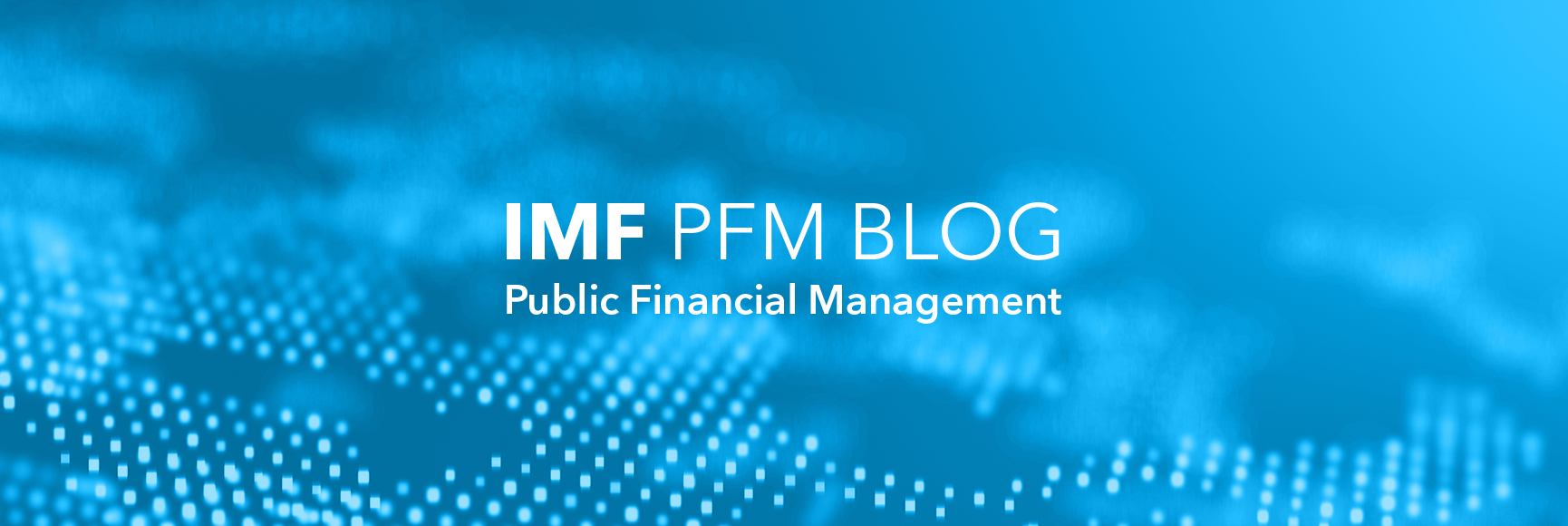In the context of countries’ 2030 agenda for sustainable development and the global economic downturn, governments increasingly face significant resource allocation trade-offs, with long-lasting budget implications. From a public interest perspective, it is important to know how budgets are linked to actions for sustainable development, including how these trade-offs affect target populations (women, children and youths, indigenous populations, etc.) and development agendas (climate change, peace processes, humanitarian assistance, defense of human rights, etc.).
In fully understanding and advocating for budget decisions that will benefit traditionally underrepresented and marginalized communities, civil society organizations (CSOs) have a crucial role to play. Among other actions, CSOs can translate complex financial data, advocate for evidence-based policymaking, strengthen public debate, and facilitate societal buy-in. Published budget information that incorporates SDG tagging is a key resource that can be used in this regard.
To illustrate this, we look at the work done by a Mexico-based think tank, the Center for Economic and Budgetary Research (CIEP)[1]. CIEP produces high-quality and policy-relevant research on public finances, and has recently explored how public spending can be linked to the Sustainable Development Goals (SDGs), with a fiscal transparency and accountability focus. This research found that:
- Using international frameworks to understand funding structures facilitates the achievement of social development priorities, including the SDGs. Based on the methodology of the Development Financing Assessment (DFA) analytical framework, complemented by the Integrated National Financing Framework (INFF), CIEP carried out a mapping exercise that linked resources (financial and non-financial) to actions taken towards the achievement of the SDGs. CIEP researchers found that estimating SDG financing gaps requires, first, calculating the total financial resources allocated to the development agenda, including those provided by the public, private, and social sectors. Second, it requires calculating the cost of achieving the 2030 agenda goals, within the relevant country context. However, CIEP found that very few countries have estimated the cost of these actions, or have made an explicit quantification of the financial needs for achieving the SDGs.
- It is important to advocate for the inclusion of traditionally excluded demographic groups, and the provision of quality public services. CIEP has worked to make the financing of vulnerable groups visible. For example, it has used an innovative methodology to identify Mexico's investment in early childhood development. This methodology uses information and open data sets publicly available on the Ministry of Finance’s Fiscal Transparency Portal, including those on SDG tagging. And CIEP has drafted a research document that introduces a human rights-based perspective to identify the allocations made to the Public Investment Route for Early Childhood[2]. This document puts forward evidence-based recommendations towards enhancing the impact of public spending on well-being. The methodology has been presented in Mexico’s National Congress' Chamber of Deputies and internationally showcased within the GIFT network. For example, a recent event was attended by ministries of finance representatives from Argentina, Brazil, Colombia, Egypt, and Mexico, as well as UNICEF representatives from three of these countries.
- Events should be held to promote the use of open public finance data for sustainable development. Alongside the Mexican Ministry of Finance, CIEP has co-hosted open data quests for sustainable development over the last three years. These quests promote the use of quantitative information by calling on the public to explore open public spending data directly linked to the SDGs, as well as public policy and development data (performance indicators, socio-economic information, geospatial parameters, etc.), and using this information to analyze the impact of current policies and programs on development goals. Topics are selected based on the SDGs, using the call for initiatives set out by GIFT.
- The use of innovative financing models for sustainable development is generally a priority for governments but requires further investigation. CIEP is currently researching innovative financing instruments, such as paid-for results contracts, social impact bonds, and green and SDG bonds. Preliminary observations of the Mexican experience suggest that these instruments should be used with caution, given existing government debt levels. Through an exploratory mission conducted with several public servants, CIEP found that there is currently insufficient information to assess how, when, and where it is pertinent to use innovative mechanisms.
The work done by CIEP illustrates several ways in which civil society can use published budget information to advance the sustainable development goals. In summary, civil society can play a crucial role in:
- enhancing the demand for evidence-based government decision making;
- promoting improvements in the reach and quality of public services;
- promoting the broader use of publicly available fiscal and other data; and
- monitoring the financing decisions taken under the SDG umbrella.




